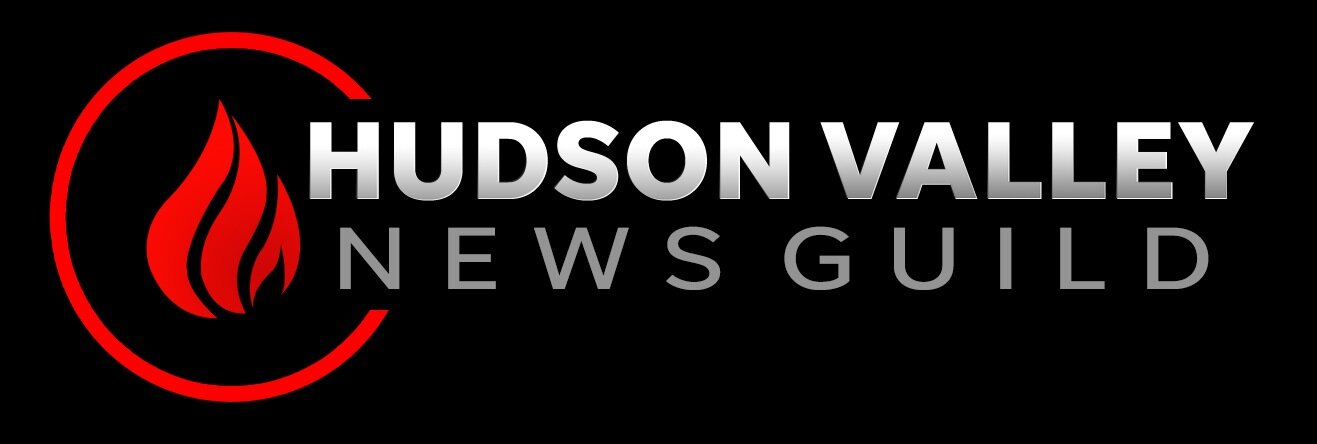What to know about anti-union tactics
We believe a strong union is in our best interests and is good for journalism, but we anticipate Gannett will try to convince us otherwise. Without a real argument for why The Hudson Valley News Guild should not unite, the company has to spin stories of unionizing bringing “rigid work rules” and a “third party” to the workplace.
We’ve heard this all before. Companies always trot out the same tired tactics when trying to stop their employees from exercising their right to form a union. It’s called the Union-Busting Playbook.
Let’s break it down.
Misinformation
The Union-Busting Playbook relies on half-truths and misinformation. To scare off support, companies try to paint unions as shadowy groups of outsiders who are only in it for themselves. The arguments are cut-and-paste: “The union will make decisions for you.” “The union will impose rigid work rules making it impossible for managers to help out when you’re swamped.” “The union will cause divisions in the workplace.”
None of that is true.
In truth, the Union is us, a diverse group of reporters, photographers and editorial staff with a broad range of experience and backgrounds. Our membership includes veterans and recent hires. It was built by us, for us, to represent us.
Asking for another chance
Notice a lot of attention from your supervisors lately? Us, too.
In response to organizing, companies typically try to buy workers’ silence by lavishing more attention on them or offering other incentives.
To that, we have two responses:
Too little, too late.
If this is what organizing has caused already, imagine what victories await.
Emotional appeal
Managers will often try to personalize the union drive, acting as though workers’ desire to organize is a personal attack on a specific manager or group of managers. They will try to divert attention from the real issues at hand to focus people on the emotional nature of their personal relationships.
They do this by following the script:
Managers telling workers they’re “hurt” that the workers are organizing
Implying that a popular manager would be fired if the union was voted in
Managers sending personalized hand-written notes to each worker
Managers getting a few workers to campaign against the union

